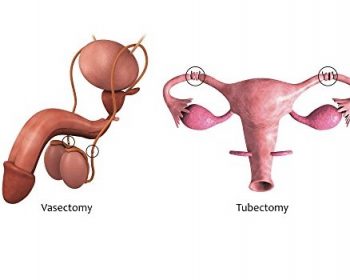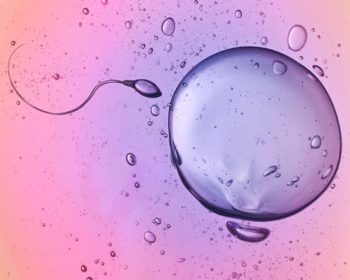
PCOS – Causes and Possible Complications
Causes
The exact cause of PCOS is not known. There are various factors that are believed to contribute to the symptoms –
- Insulin resistance – Insulin is a hormone secreted by the pancreas that regulates the blood sugar level and allows the cells to use it. When there is resistance by the cells to insulin, the cells are not able to use it properly, and the body’s demand for insulin increases. In response to this, the pancreas secretes more and more insulin. This excess insulin triggers the ovaries to produce more male hormones, which interfere with the menstrual cycle, causing difficulty with ovulation. Up to 70% of women with PCOS have insulin resistance. Weight gain/obesity is also associated with PCOS, and insulin resistance combined with obesity can increase the risk for type II diabetes in such individuals.
- Low-grade inflammation – This term describes white blood cells’ production of substances to fight infection. Research has shown that women with PCOS have a type of low-grade inflammation that stimulates polycystic ovaries to produce androgens, leading to heart and blood vessel problems.
- Heredity– Research has shown that PCOS runs in families. Therefore, it is likely that more than one type of gene is involved.
- Excess androgen – When ovaries produce an excess amount of androgens, it disrupts the menstrual cycle causes hirsutism and acne.
Complications due to PCOS
- Infertility – PCOS is one of the leading causes of infertility in women. Due to the failure of ovulation, there is no egg for the sperm to fertilize with and this becomes the prime cause of infertility in women with PCOS.
- Metabolic syndrome – It is a cluster of conditions that are characterized by high blood pressure, high blood sugar, high low-density lipid(LDL) cholesterol which is also called “bad cholesterol”, and low high-density lipid(HDL), which is also called “good cholesterol” because it has a cardio-protective function. Metabolic syndrome increases the risk for heart disease, type II diabetes, and stroke.
- Sleep apnea – It causes repeated pauses in breathing during the night, which interrupts sleep. It is more common in women who are overweight, along with having PCOS.
- Complicated pregnancy – Women with PCOS have difficulty getting pregnant. And even after conceiving, the pregnancy might be complicated with the risk of gestational diabetes and pregnancy-induced high blood pressure. Pregnancy in women with PCOS is also associated with a higher risk of miscarriage and more chances of premature birth. Women with PCOS are twice as likely as women without the condition to deliver their babies prematurely.
- Depression, anxiety, and eating disorders – Hormonal imbalance coupled with symptoms like excessive unwanted hair growth and male pattern baldness can affect one’s mental health adversely. It can lead to depression, anxiety, or an eating disorder. The psychological symptoms and complications of PCOS are as important as the physical ones.
- Endometrial cancer – The uterine lining sheds every month during menstruation. In PCOS, since there is a disruption in normal, regular menstrual periods, the uterine lining builds up. This thickened uterine lining can increase the risk for endometrial cancer.
For enquiries and online appointments, send a message to www.DivakarsHospital.com/contact
You can seek 2nd opinion with Dr Hema Divakar and other specialist doctors through the Divakar’s Hospital app which can be downloaded from Google Play Store or ios here – https://bit.ly/2C5cW1e
Subscribe to Divakars Hospital YouTube Channel and stay updated on videos related to pregnancy and women’s healthcare. Subscribe here – https://bit.ly/3Avct4w







